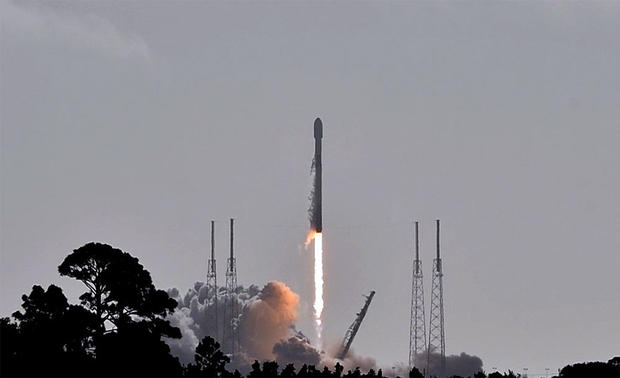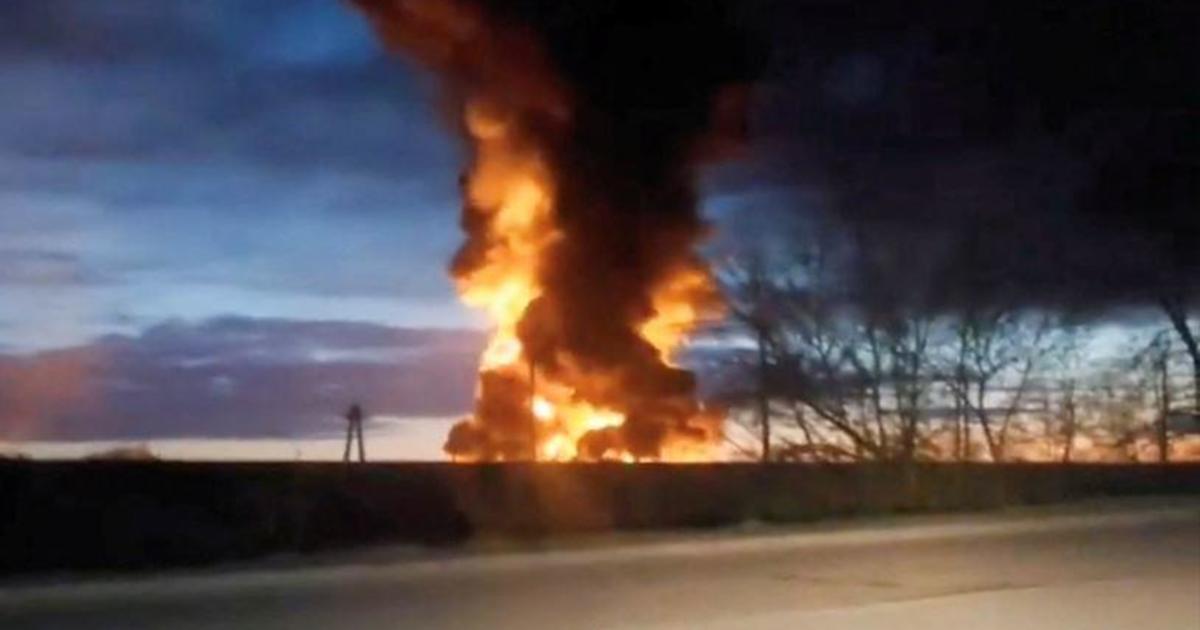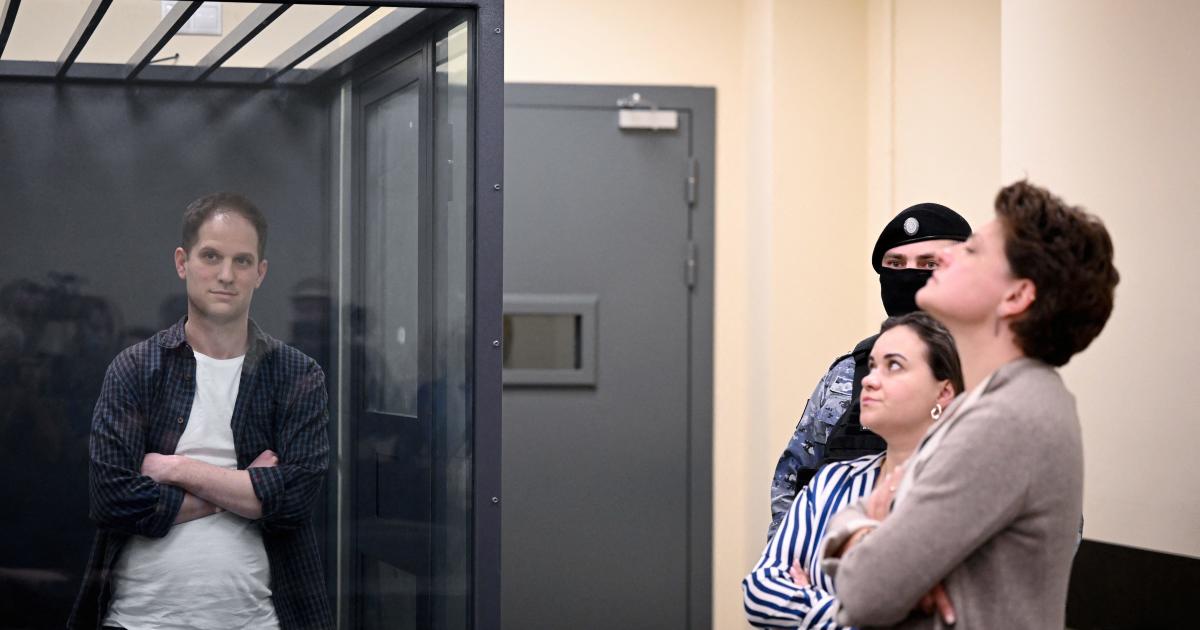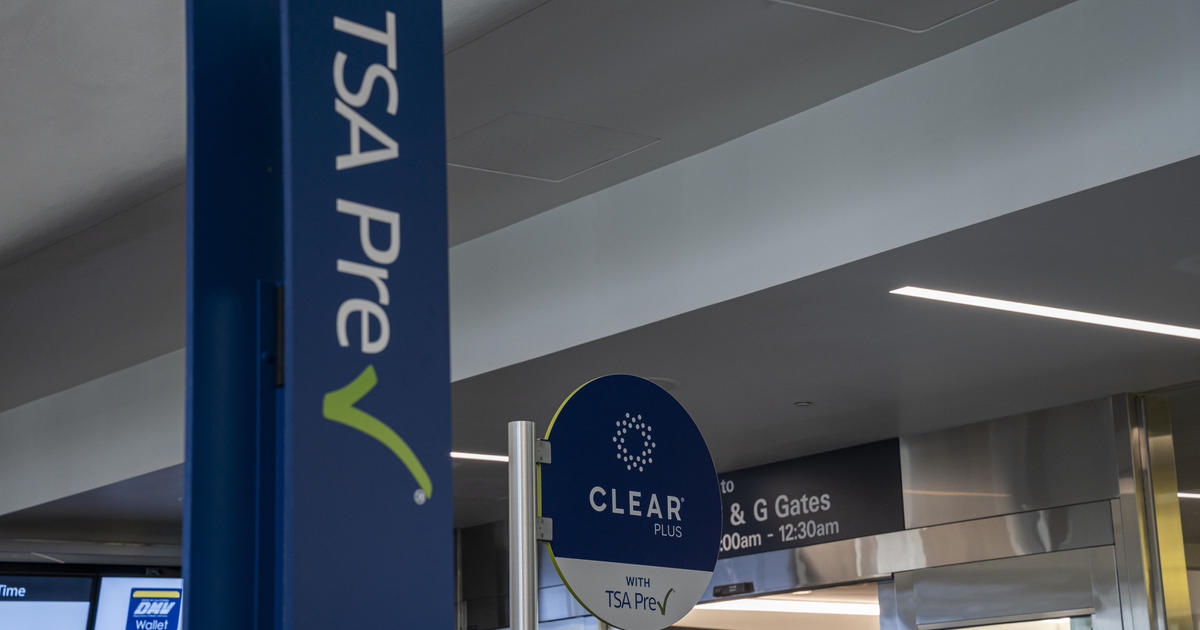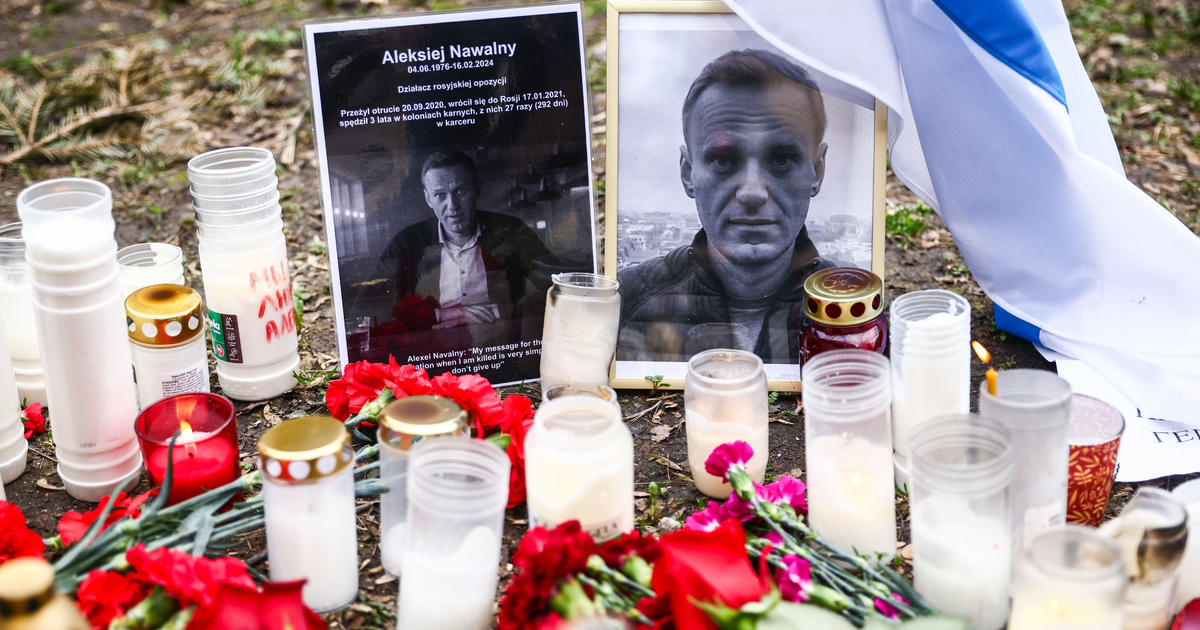SpaceX launches another batch of Starlinks atop "American broomstick"
Keeping up a rapid-fire launch pace, SpaceX fired off its tenth Falcon 9 rocket in as many weeks Wednesday, boosting 48 more Starlink satellites into orbit as the company continues building out its fleet of space-based broadband relay stations.
"Time to let the American broomstick fly and hear the sound of freedom!" the SpaceX launch director told her flight controllers as the countdown neared zero. "LD is go for launch."
She was referring to comments last week from Russian space chief Dmitry Rogozin, who halted sales and service of Russian rocket engines to U.S. companies in the wake of sanctions imposed after Russia's invasion of Ukraine. He tweeted "let them fly on something else, their broomsticks, I don't know what."
Falcon 9 rockets, including the engines, are built at SpaceX's plant in Hawthorne, California, as are the Cargo and Crew Dragon spacecraft that carry supplies and astronauts to the International Space Station. SpaceX founder Elon Musk immediately responded to Rogozin by calling his all-American rockets "American broomsticks."
Russia has severed commercial ties with western commercial space operations, although both NASA and Roscosmos, the Russian space agency Rogozin heads, continue, for now, joint operations aboard the International Space Station.
Starlink satellites are designed to eventually provide internet access to any point on the planet using thousands of small laser-linked satellites to relay data to and from relatively small antennas and transceivers on the ground.
In response to pleas from Ukrainian leaders, Musk activated Starlink internet service and shipped antennas and receivers to the embattled country, along with warnings about avoiding Russian jamming or worse.
"They tweeted at Elon and so we turned it on," SpaceX President Gwynne Shotwell said during a March 7 talk at the California Institute of Technology. "That was our permission," she said according to Space News. "It was a tweet."
She said activating service "was the right thing to do," providing a source of unfiltered news in the midst of Russia's ongoing invasion. "I think the best way to uphold democracies is to make sure we all understand what the truth us."
With Wednesday's flight, the total number of Starlinks launched to date climbed to 2,282, although not all are still operational. Jonathon McDowell, an astrophysicist who maintains an extensive space flight database, said 2,014 were still in orbit going into Wednesday's flight, including 1,989 that were functional.
But the active constellation is already providing relatively high-speed internet in selected locations, including Ukraine.
The Falcon 9 carrying the latest batch of Starlinks blasted off from the Cape Canaveral Space Force Station at 8:45 a.m. EST, streaking away on a southeasterly trajectory toward an orbit tilted 52 degrees to the equator. All 48 satellites were released an hour and five minutes after liftoff.
It was the 144th Falcon 9 launch since the rocket's debut in 2010, the 10th so far this year and the 40th dedicated to the Starlink program. The rocket's first stage, making its fourth flight, landed successfully on a SpaceX droneship to chalk up the company's 111th successful booster recovery and its 84th at sea.
